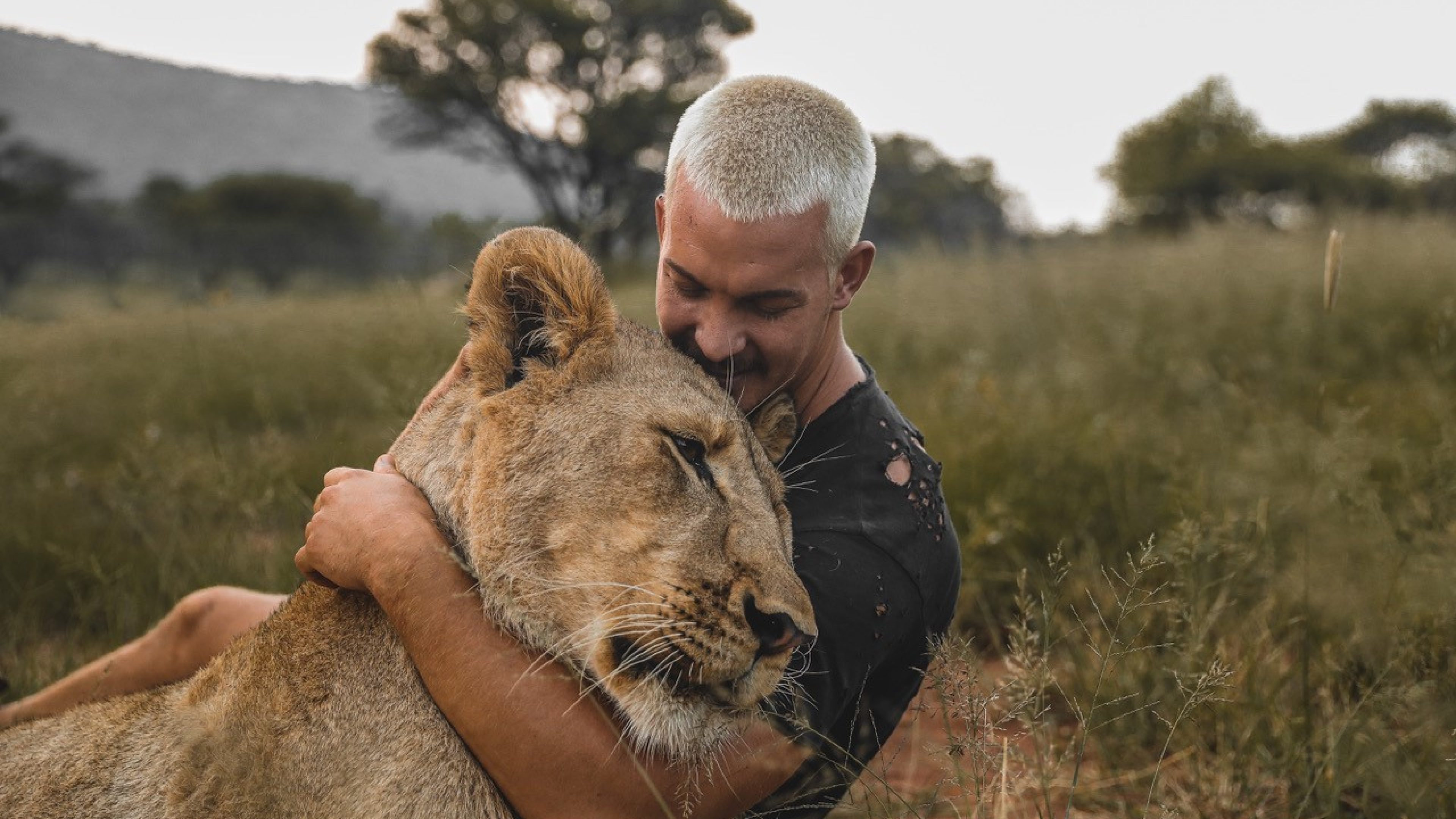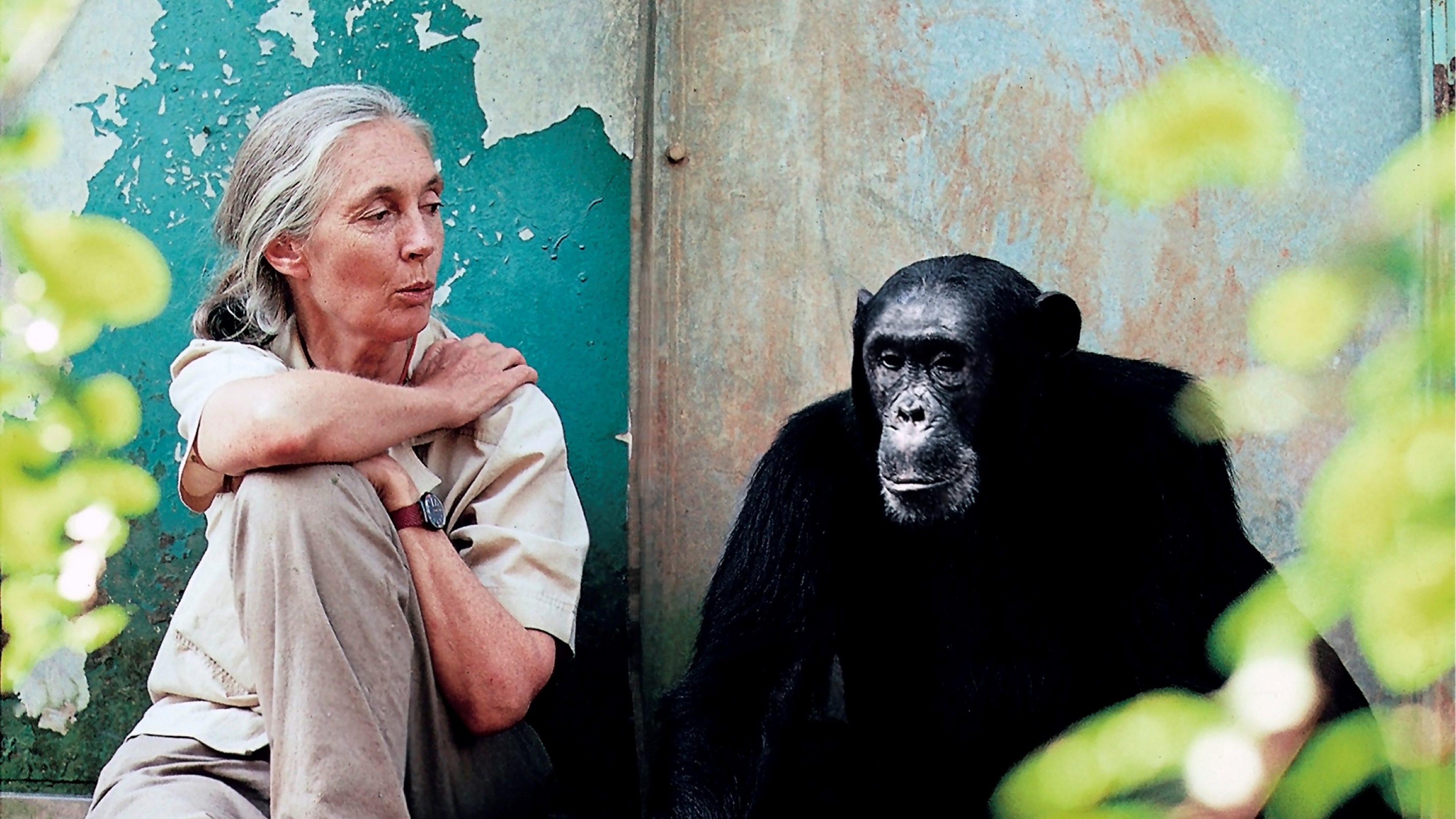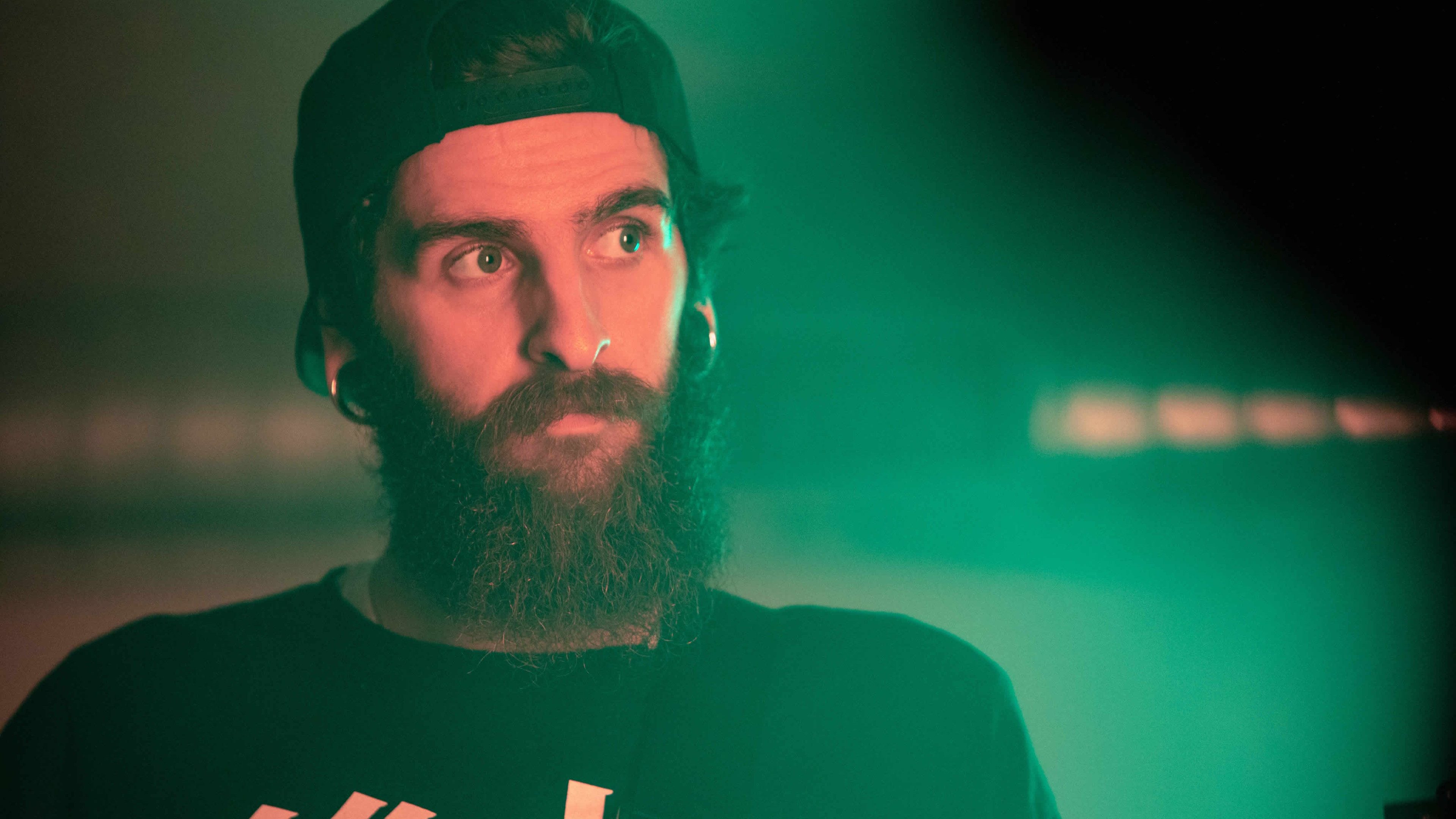From financial entrepreneur to wildlife conservationist and the most successful Swiss Instagrammer: Dean Schneider is living his dream in the South African “Hakuna Mipaka Oasis” reserve. Where does he find the courage to lead a self-determined life? And how do you learn to communicate with lions?
At the age of 24, you gave up your financial advisory company with 45 employees to create a wildlife reserve in the South African bush. How did that come about?
I’ve been fascinated by the world of animals from a very early age. We always had a lot of pets at home, and when I was six years old I watched the wildlife programmes by the legendary “Crocodile Hunter” Steve Irwin. I was enchanted by the wild animals – whether large or small, harmless or dangerous.
But you didn’t become a vet or a zoo keeper, you became a financial advisor.
I did. I was driven by money and started my own company. I had everything our modern society aspires to: success, career, money – even a Ferrari and a Maserati. But the satisfaction soon wore off, and I wanted something more emotional. I wanted to do something that was personally fulfilling.
Most people dream of living a self-determined life, as shown by a current survey conducted by Swiss Life. Where did you find the courage to live your dream?
Self-determination is based on passion. For me, what finally sparked my passion was a business trip to South Africa, where I got to see the wild animals up close for the first time. The first time I touched a lion, something happened to me that I can’t put into words. On the flight back to Zurich’s concrete jungle, I felt out of place and suddenly had tears in my eyes. I realised that you only have one life. I want to use the time in the best way possible and put my energy into something that I really believe in. Two years later I gave up my life in Switzerland and founded my wildlife reserve in South Africa.
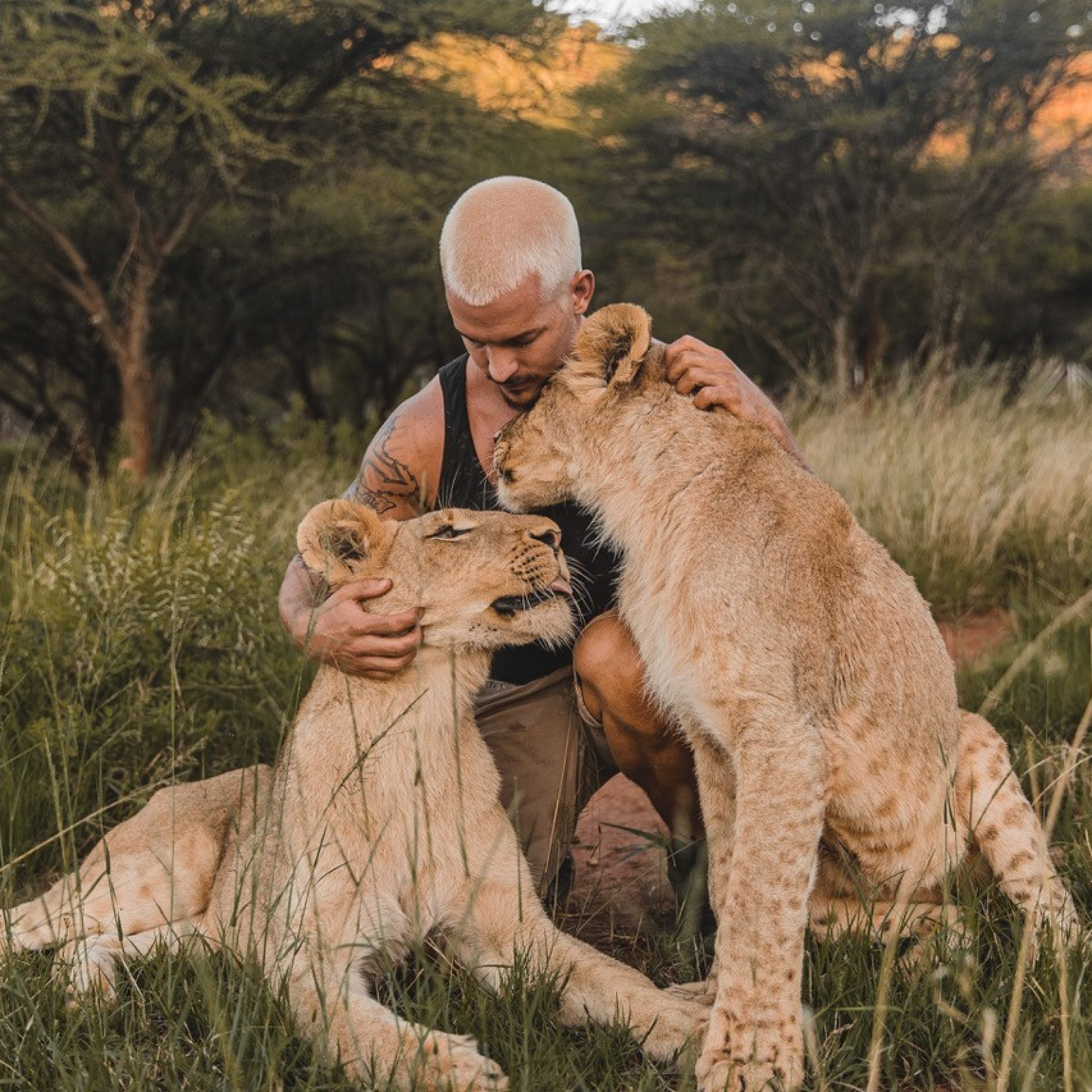
How did everyone around you react?
They were baffled. But of course, now that it’s a success, everyone knew it would be from the start (laughs).
Since 2017 you’ve been living on your “Hakuna Mipaka Oasis” reserve with several thousand animals, including impalas, kudus, zebras, hyenas, snakes and big cats. Is it possible to establish a social relationship with all animals?
There are some species with which it’s very difficult. Basically, animals that are hunted, such as meerkats, are more nervous than the hunters. But there are also big differences among the hunters. Leopards and female cheetahs, for example, are very solitary animals. The closest relationships are with pack animals such as monkeys, hyenas or lions. However, the social behaviour of hyenas is much more complex than that of lions. Hardly anything disturbs the kings of the beasts.
How did you learn to interact with the six lions in your pride?
There is no handbook for this, you learn as you go along. I observed the lions and learned their body language. I have what I call an animal-animal relationship with them. I communicate and behave like they do, not like a human being. To greet them, I get down on my knees and press my own head against theirs.
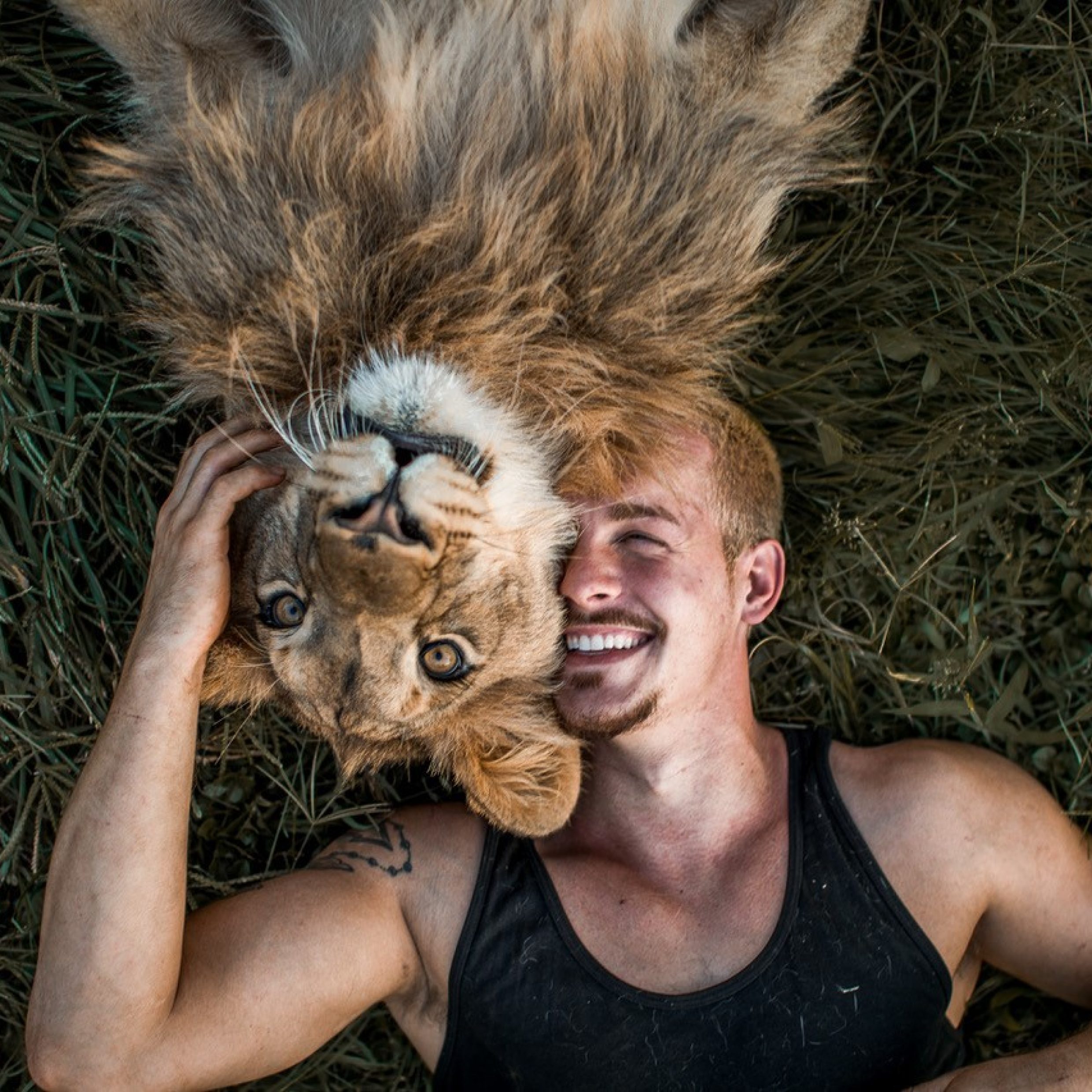
What are you to the lions, a friend, a father or leader of the pride?
The role of pride leader belongs to the strongest lion, and that’s Dexter. When the lions were very young I was more like a father, and by now they probably think of me as a brother. Although they don’t treat me in exactly the same way as their own kind. For example, they use only fifty percent of their strength when they’re fighting, and fortunately their claws mostly stay in.
Nevertheless, some of your viral videos leave us breathless. Like when a 200-kilo lion jumps on you. How do you react in risky situations?
Occasionally the lions want to test me and see how far I’ll go. Or I’ll get into a fight among them. But usually the danger is apparent, because lions are always communicating – with every sound, every gesture and every look. Depending on the situation, I’ll either run away or signal with noises that they’ve gone too far. Sometimes I also have to defend myself physically by giving them a smack or pushing them away.
Your role model, Steve Irwin, died in 2006 after being stung by a stingray while filming under water. Do you carry a weapon in case there’s an emergency?
No, why would I? If they wanted to finish me off, it would happen way too quickly anyway. There’s no comparison: Steve wasn’t part of the stingray family, but I’m a member of the pride. My animals would never attack me for no reason. If it were to happen and they killed me, then it would all be my fault – I wouldn’t have listened to them properly and misinterpreted their signals.
Your fascinating photos and videos are a hit on social media, and you even have more Instagram followers than Roger Federer. How do you explain this success?
I’m authentic, I’m showing my real life, it’s not acting. I’m also young and I’m not trying to come across as too serious or too educational. For me it's always about achieving a balance between entertainment and imparting knowledge. I don’t just show cuddle videos, but also them feeding when the lions eat a whole zebra. I try to educate people about the animals and their abilities and to raise people’s awareness of species extinction and animal welfare. To reach an even bigger audience, I’m currently producing a mini-series about my life.
You were recently a guest on the famous US talk show by Ellen DeGeneres, who presented you with a $10’000 cheque.
That was great, but it didn’t change my life. It’s wrong to think that other celebrities can make you famous. Good content is much more important. With a good video I can gain 40’000 new followers overnight.
Is the reserve financed exclusively through social media?
No. I don’t earn a penny on Instagram because I don’t make brand deals like the influencers. I earn a few thousand francs a month on the YouTube channel, depending on the number of clicks. But my main source of income for the animal feed and the wages of the 14 employees is donations. Unfortunately we are currently feeling the consequences of the pandemic, as people have less money to spare.
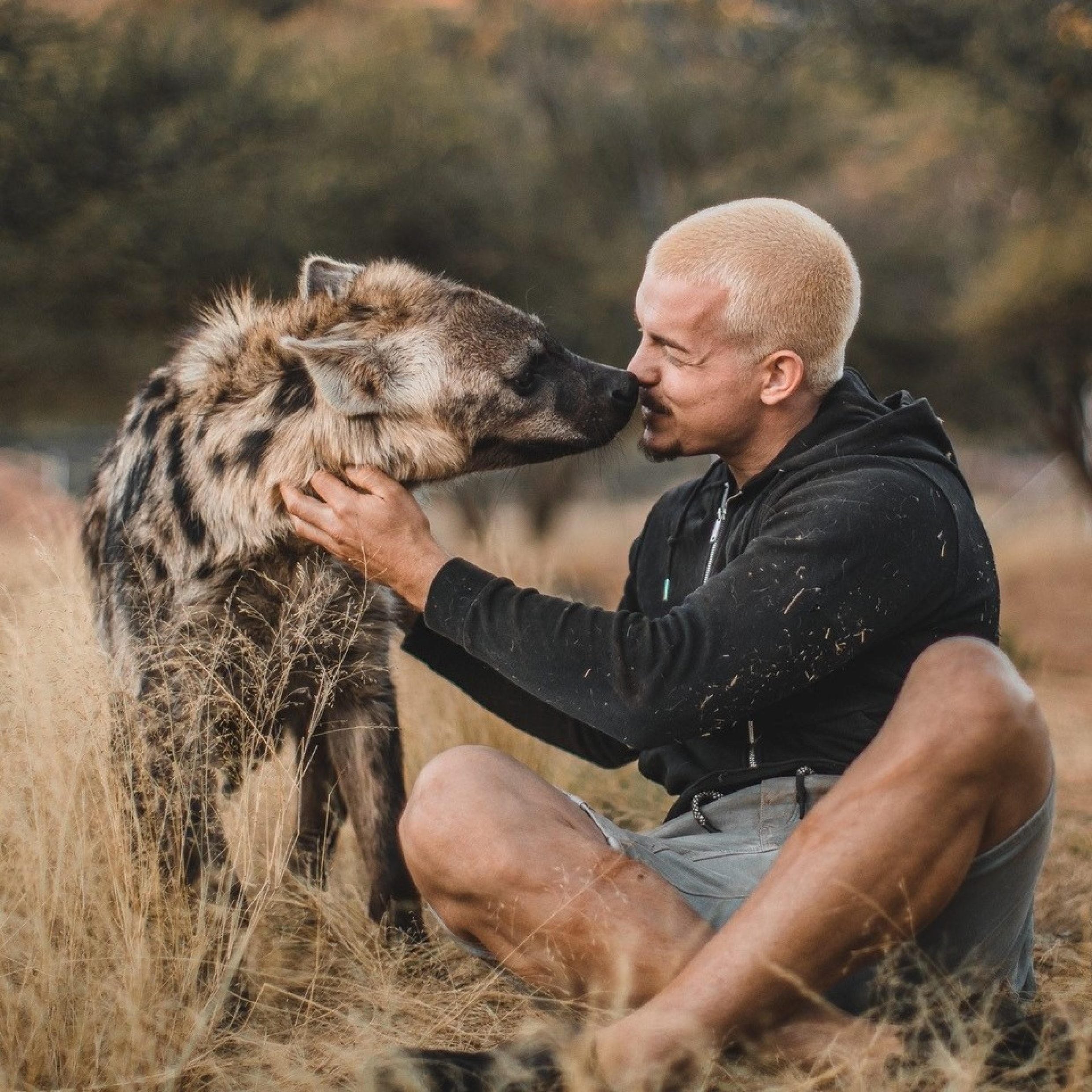
Why don’t you offer safaris?
Because these 400 hectares of land belong to the animals alone. It’s an oasis that provides them with a beautiful home for life. Part of the reserve is kept for animals born in captivity, some of which have been rescued from terrible conditions. The rest of the land is for wild animals that live freely.
What do you say to criticism that you “humanise” your animals?
There are always critics, especially on the internet. But I suspect that most of them have never faced a lion before. Instead of responding to these ridiculous accusations, I prefer to devote my time and energy to my mission.
How has life among the animals changed you?
I feel healthier since I’ve been spending so much time outdoors. I need much less sleep because I am mentally and physically in my element and am finally doing something I believe in. And finally, living with the animals has taught me to see people through their eyes. To accept them as they are – not as I would like them to be.
—
The reserve «Hakuna Mipaka Oasis» is financed by the «Dean Schneider Foundation» which aims to highlight the importance of a healthy ecosystem and raise awareness of the natural world and its wildlife. You can find more information and the opportunity to donate here.
All Photos: © Dean Schneider
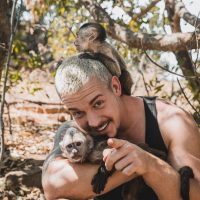
Dean Schneider
Dean Schneider (29) grew up in Dübendorf near Zurich and founded a successful financial advisory company at the age of 20. In 2017, he sold the company in order to create the “Hakuna Mipaka Oasis” wildlife reserve in South Africa. Several thousand animals and more than 250 different species now live on its 400 hectares of land. Dean Schneider documents his intimate life with animals on social media with fascinating images and videos for which he has become known around the world. With 9.9 million Instagram followers, he has now even beaten Roger Federer (8.8 million), making him the most successful Swiss social media personality.
